
Chinese Ambassador to the United States Xie Feng meets with Max Hollein, director of The Metropolitan Museum of Art during a visit in New York on Friday. (Photo provided to chinadaily.com.cn)
Culture, including arts and music, can be a bridge to enhancing bonds and understanding between China and the United States as their relationship faces difficulties, according to the Chinese ambassador to the U.S.
During such a time, it is all the more important to build bridges, not walls, and understand rather than misperceive each other, Ambassador Xie Feng said during a visit to The Metropolitan Museum of Art (The Met) in New York on Friday.
"It is all the more important to fully leverage the unique power of culture to reach hearts, actively build bridges for exchanges and mutual learning among civilizations, and open up a window for better understanding each other's history and culture," the envoy said.
Xie visited The Met's Asian art galleries, which house the Astor Court, a Chinese garden court inspired by one created in China nearly 400 years ago during the Ming Dynasty (1368-1644).
The architecture is the first permanent cultural exchange between the U.S. and China.
The 17th century-style court was built by a team of craftsmen from Suzhou in East China's Jiangsu province in 1980. They even brought all the materials such as Taihu rocks, a granite terrace, ceramic tile flooring and roof tiles. They did not use a single nail in their construction, according to The Met website.
The Met also held The Great Bronze Age of Chinaexhibition in 1980, kicking off more than four decades of China-U.S. cultural exchanges.
The Met is one of the museums that have enjoyed the longest cooperation with China, with the most joint programs and of the largest scale. It has become a must-see for Chinese tourists, who account for the largest share of its foreign visitors, according to a release from the Chinese embassy.
Xie said that China is now committed to advancing the rejuvenation of the Chinese nation on all fronts through a Chinese path to modernization, which will feature both material and cultural-ethical advancement.
"People are the foundation of China-U.S. relations," said Xie. "China-U.S. cultural and cultural heritage exchanges should serve as a catalyst for promoting mutual understanding and respect and bringing peoples closer."
The ambassador said he expected The Met to continue to promote people-to-people exchanges and cooperation between China and the U.S. in areas such as cultural exhibitions, preservation technology and digitalization; showing more creativity; and injecting positive energy into China-U.S. relations.
Max Hollein, director of The Met, said that the museum has always attached great importance to exchanges and cooperation with China.
The Shape of Time: Art and Ancestors of Oceania, an exhibition that The Met organized in partnership with the Museum of Art Pudong, is going on in Shanghai. The Met looks forward to more exchanges and cooperation with China and welcomes more Chinese tourists, Hollein said.
On Thursday, Xie also visited the Juilliard School, a world leader in performing arts education.
Xie had a roundtable discussion with Juilliard President Emeritus Joseph W. Polisi and faculty and student representatives. The two sides agreed that exchanges and cooperation in musical arts help promote mutual learning and strengthen people-to-people bonds between China and the United States.
The ambassador said that exchanges in musical arts have played an important role in the history of China-U.S. relations.
In 1973, the year following then-President Richard Nixon's visit to China, the Philadelphia Orchestra became the first American orchestra to visit New China.
Following Ping-Pong Diplomacy, music diplomacy also has served as a bridge for bilateral cultural exchanges and people-to-people friendship, Xie said.
"The people are the foundation of China-U.S. relations, and the youth are our hope," Xie said, adding that art has no boundaries, and music can be a bridge.
He noted that Juilliard's only overseas branch, the Tianjin Juilliard School, is both a successful example of China-U.S. cooperation in running schools and an important platform for China-U.S. youth exchanges.
As the bilateral relationship is facing difficulties and challenges, Xie said he hoped that the Juilliard School will use music as a medium to build a bridge between the two countries; help in overcoming differences; and bring peoples closer, so as to inject more warmth into the bilateral relationship.








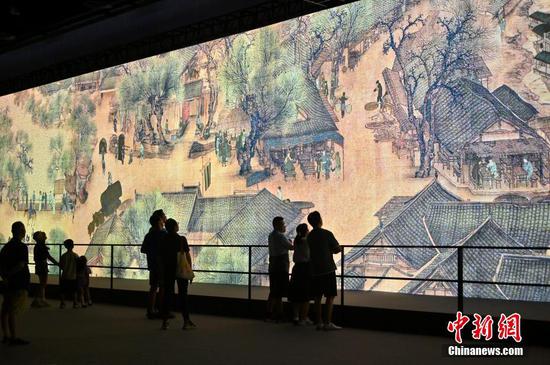

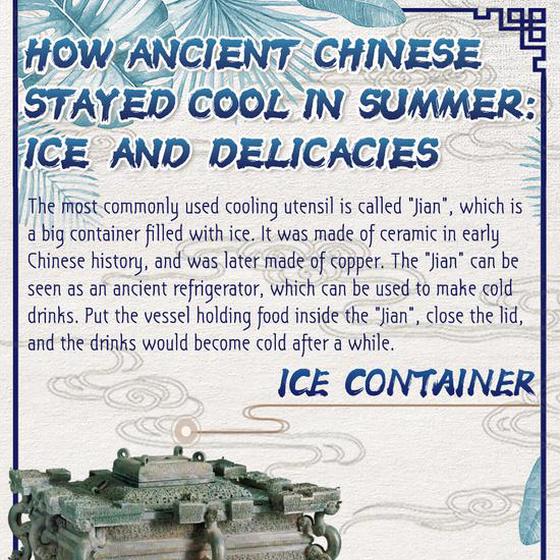
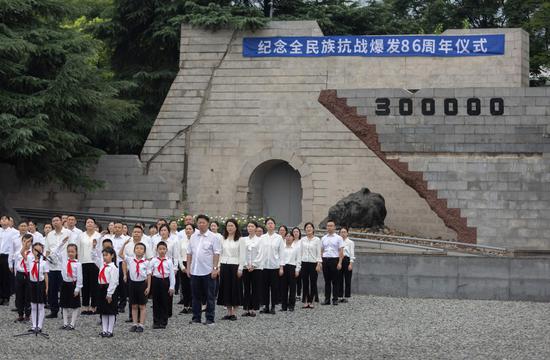
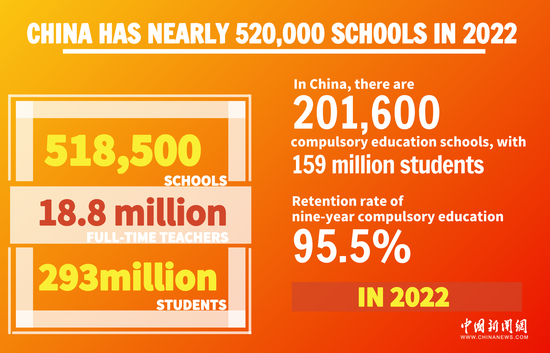

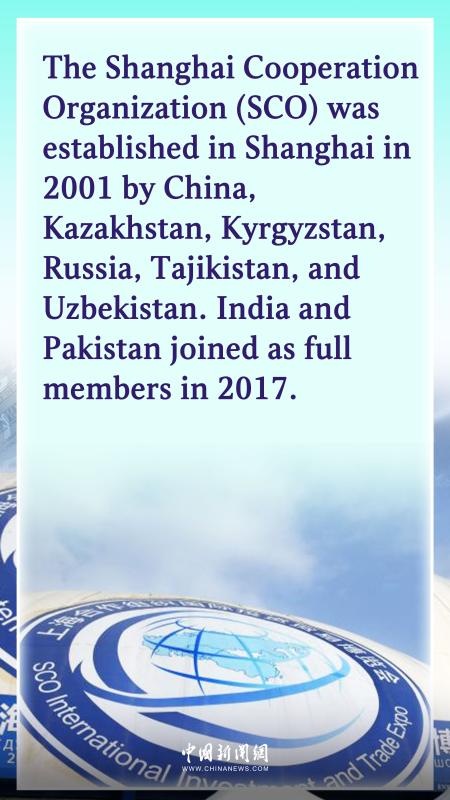



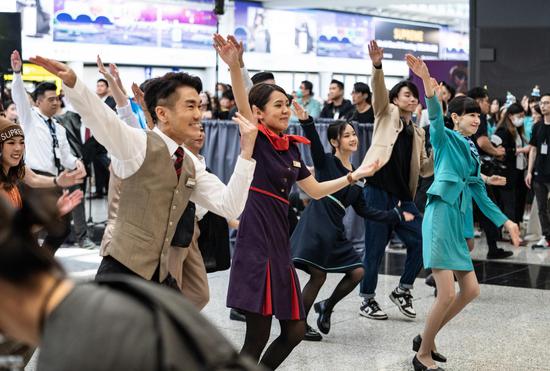








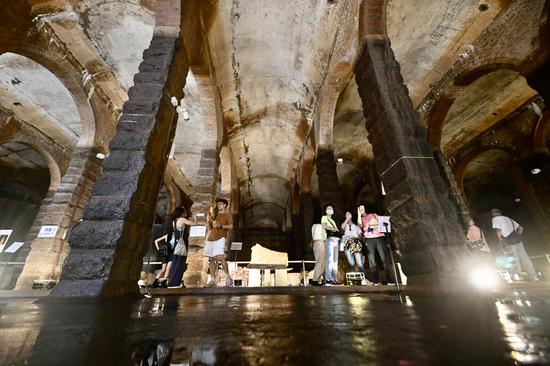



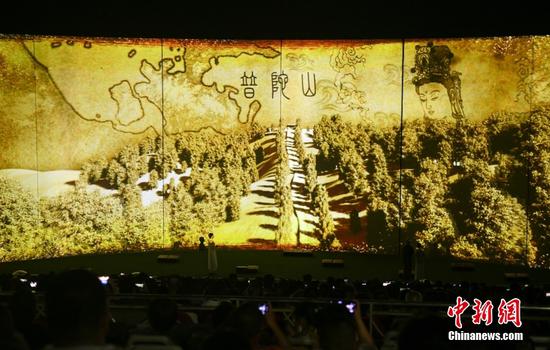




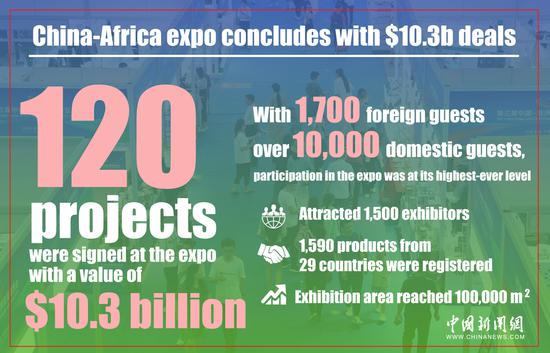


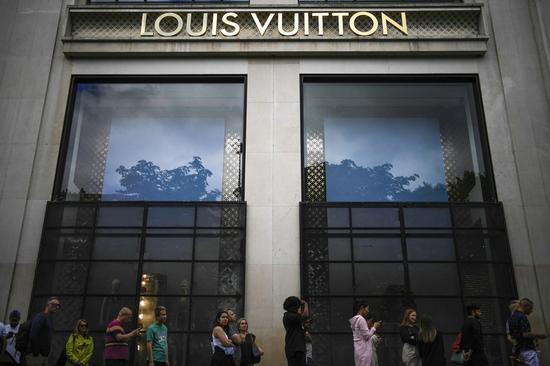


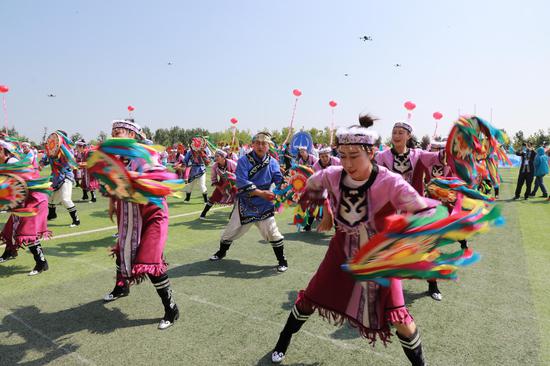
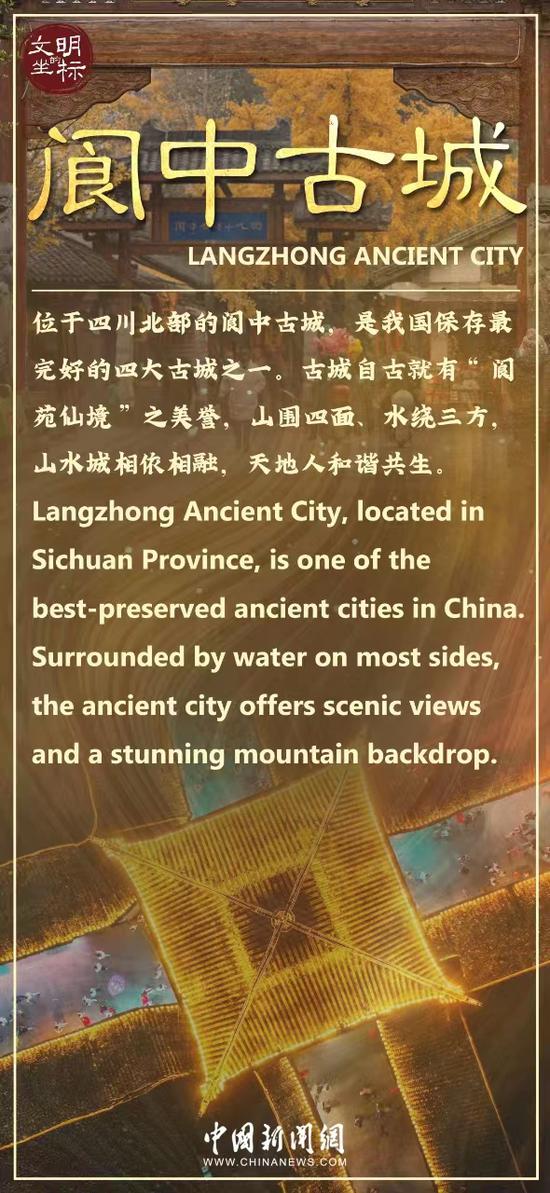






 京公网安备 11010202009201号
京公网安备 11010202009201号